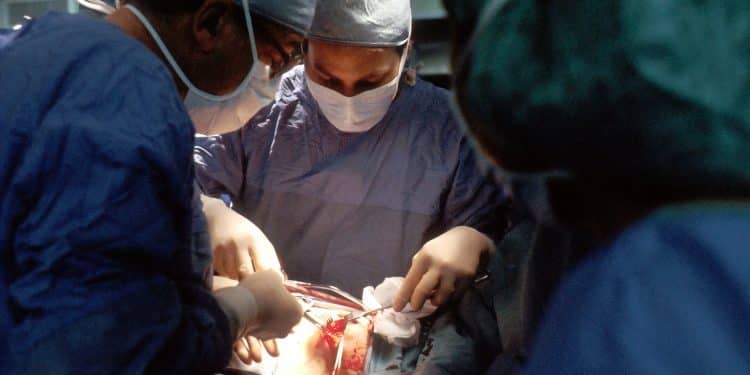The NHS is a universally beloved service, a national institution that has had a major part to play in millions of lives in the UK. But its future is uncertain, as growing economic difficulties and minimal government intervention see it struggling ahead of a landmark winter for the country.
The State of the NHS
The NHS is already experiencing existential crises, as chronic underfunding has coupled with the aftermath of a global pandemic to leave the service in poor shape to handle its load. Coronavirus patients continue to take up precious ward space and personnel, leaving little room for emergency admissions and leading to record wait times in Accident and Emergency.
Ambulance services have also been heavily impacted, with many emergency callers finding themselves waiting for hours – or even overnight – for an ambulance to arrive. This has all taken place over a backdrop of delays to treatment, as the queue for elective surgical procedures remains in the millions. Where private sector healthcare has previously seen little uptake in the UK, more and more are raiding savings to ‘jump the queue’ with private care.
Meanwhile, increased pressures on medical personnel, buoyed by record departures from the NHS in relation to stress and overwork, are increasing the risk of medical mistakes. With access to healthcare strained as it is, possible misdiagnoses could increase for patients more than before.
The NHS and Energy
These challenges have been testing the NHS for at least two years now, but the rising rate of inflation threatens to seriously exacerbate the situation. The rate of inflation, coupled with surgical cuts to funding by the government over the past 12 years, has led to a significant real-terms cut in NHS funding.
But the NHS’ reduced budget is about to receive a further knock, as overhead costs are set to rise exponentially. Energy costs have been rising since the end of 2021, but the next rise is stratospheric – and, where domestic households are protected by the Ofgem price cap, no such cap exists for non-domestic usage.
As such, the cost of gas and electricity in hospitals will inevitably skyrocket – presenting an entirely new challenge that threatens to impact patient and health worker safety going into winter. This is to mention nothing of the significant rise in hospital admissions due, as vulnerable people struggle to weather a cold and expensive season.
Government Interventions
Therese Coffey is the new Secretary of State for Health and Social Care under Liz Truss’ new Conservative government and has been receiving urgent calls from experts and health industry leaders to address the NHS’ current crisis situation. But few are hopeful, as Coffey’s stances on public health have stood against science, with regard to obesity and tobacco legislation respectively. The NHS faces a difficult winter.
David Prior
David Prior is the editor of Today News, responsible for the overall editorial strategy. He is an NCTJ-qualified journalist with over 20 years’ experience, and is also editor of the award-winning hyperlocal news title Altrincham Today. His LinkedIn profile is here.




![7 Best POS Software in the UK [2026 Edition]](https://todaynews.co.uk/wp-content/uploads/2026/02/7-Best-POS-Software-in-the-UK-2026-Edition-360x180.png)








































































